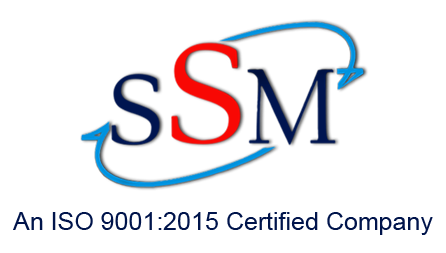Redundancy - During
Configuration
- Primary object: The object
intended as the main or central provider
of the functionality in the
run-time. For AppEngines, it is the object you enable for redundancy. For data
acquisition, it is the DIObject you intend to use first as your data source in
the run-time.
- Backup object: The object
that provides the functionality of the Primary
object when it fails.
For AppEngines, it is the object created by the ArchestrA infrastructure when
the Primary object has been enabled for redundancy. For data acquisition, it is the DIObject you do not intend to use first as your data source
in the run-time.
- During Run-Time
- Active object: The object that is
currently executing desired functions. For AppEngines, it is the object that is hosting
and executing ApplicationObjects. For data acquisition, it is the object that is providing field device
data through the RedundantDIObject.
- Standby object:
The passive object; that is, it is waiting for a failure in the Active object’s
condition or for a force-failover. For AppEngines, it is the object that monitors the status of the Active AppEngine. For data acquisition, it is the object that is not providing field device
data through the RedundantDIObject.
|
|
Redundant DI Object - The RedundantDIObject monitors and controls the redundant DIObject
data sources. Unlike redundant AppEngines, individual DIObject data sources do
not have redundancy-related states. For all intents and purposes, they function
as standalone objects.
|
|
Redundant Message Channel - The Redundant Message Channel (RMC) is a dedicated Ethernet connection which is required between the platforms hosting redundant engines. The RMC is vital to keep both engines synchronized with alarms, history, and checkpoint items from the engine that is in the Active Role. Each engine also uses this Message Channel to provide its health and status information to the other.
|
|
Reference - A string that refers to an object or to data within one of its attributes.
|
|
Relational Reference - A reference to an object’s attributes that uses a keyword in place of an object's tagname. These keywords allow a reference to be made by an object's relationship to the target attribute. Examples of these keywords are "Me", "MyPlatform", and "MyContainer".
|
|
Remote Reference - The ability to redirect ArchestrA object references or references to remote InTouch tags. The new script function used to redirect remote references at runtime is IOSetRemoteReferences.
|
|
Runtime - The InTouch (WindowViewer) function that provides the viewing of data from the configuration of the application in InTouch development (WindowMaker).
|
|
